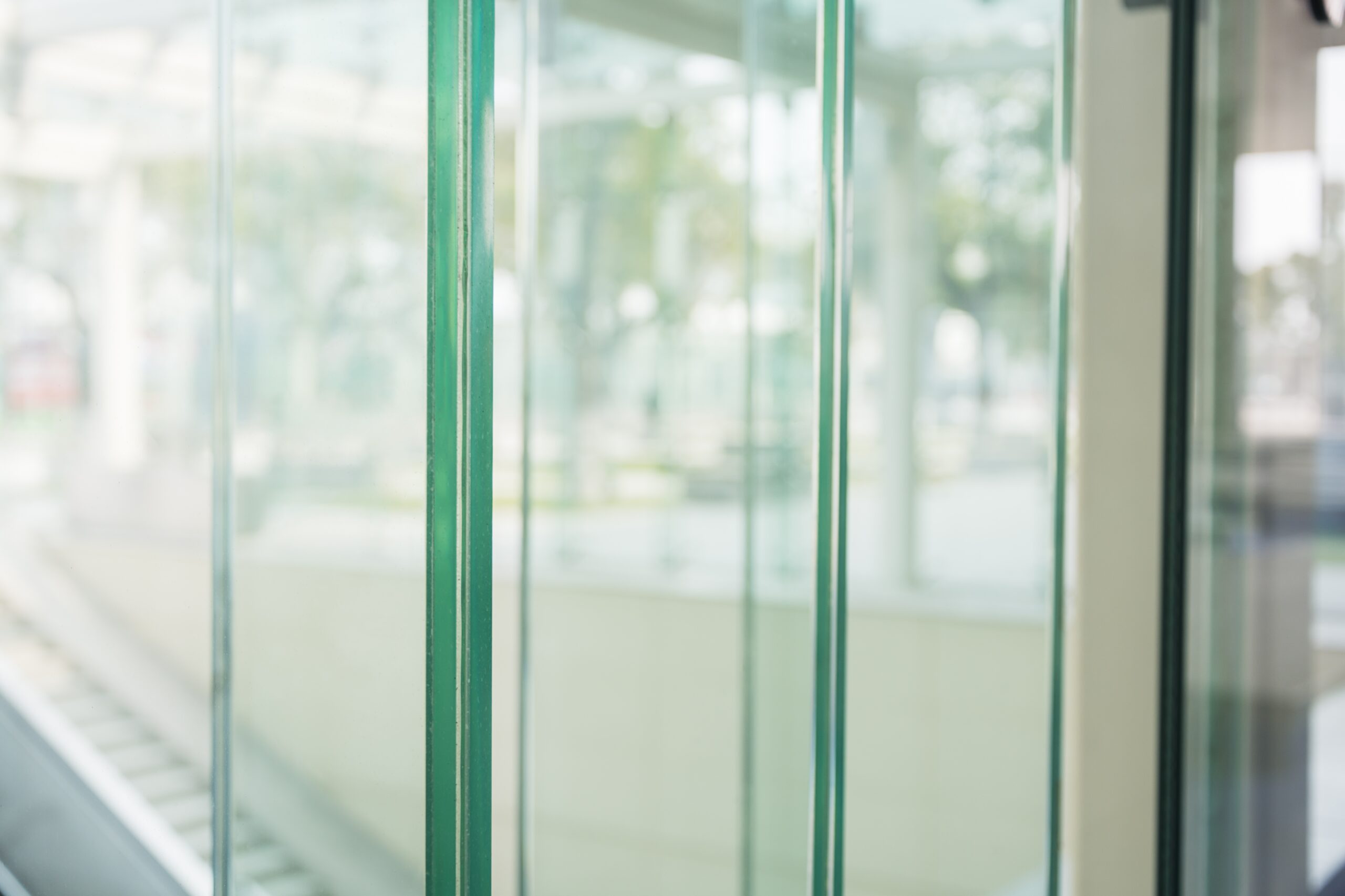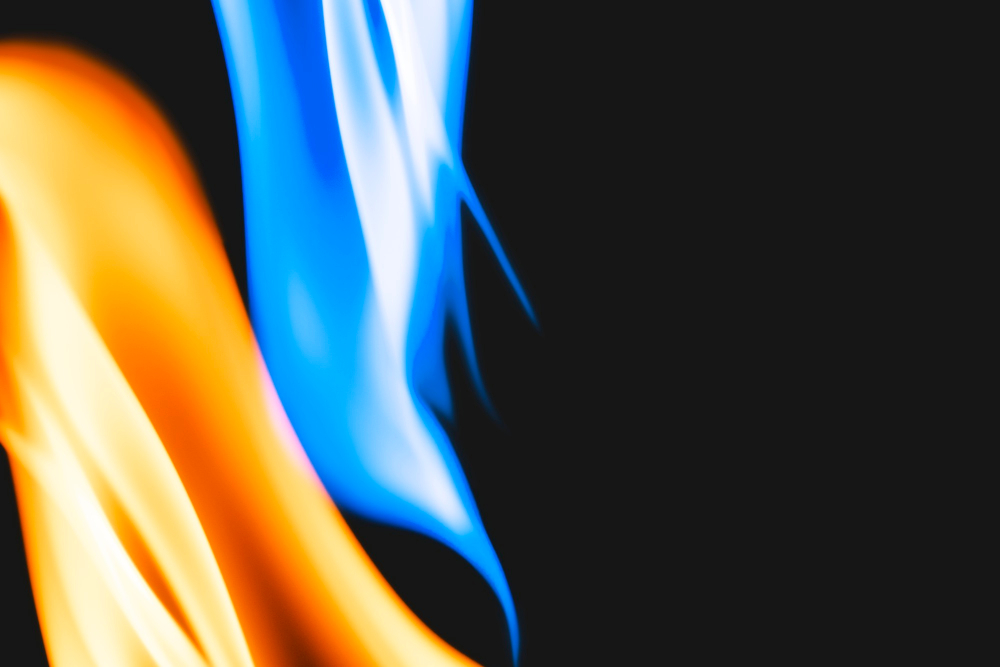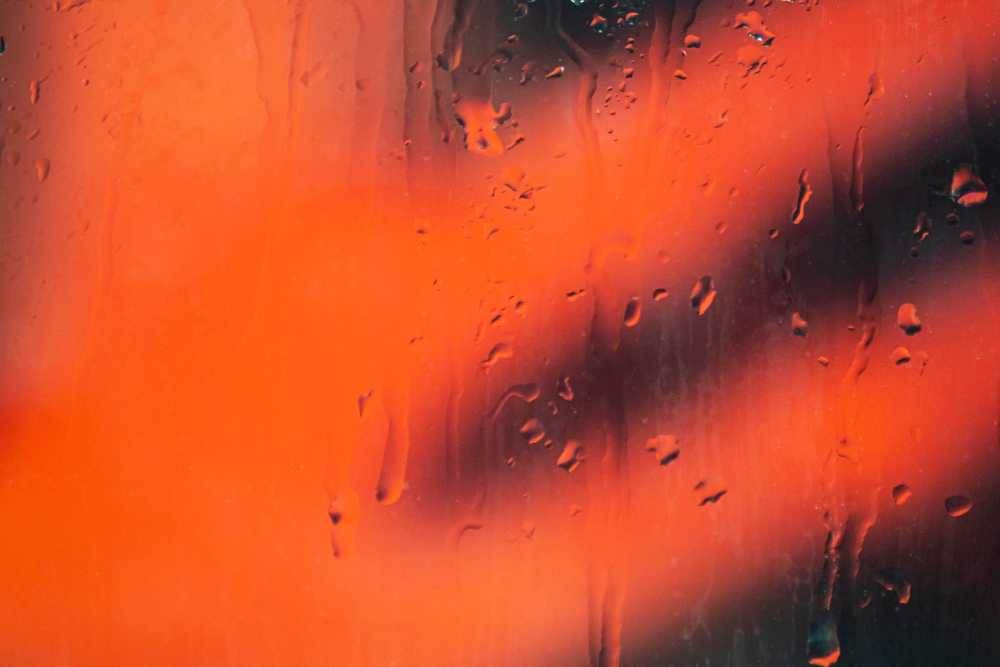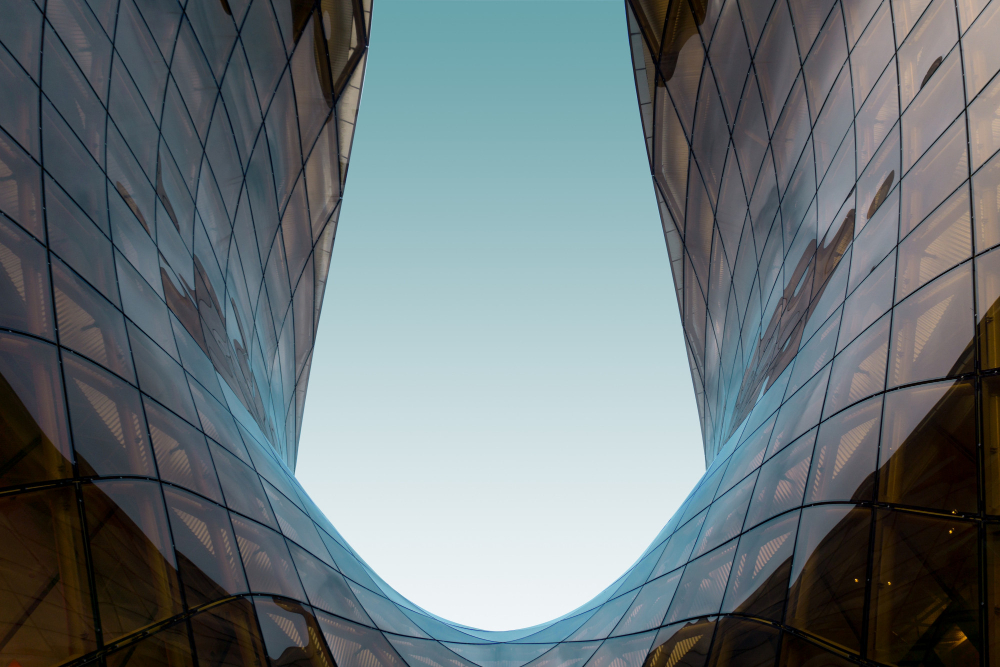Marine Glass
Crystal clear views of the ocean blue – with marine glass, it’s all in view
Our glass product range includes thermally insulated glass, fireproof glass, electrical heated glass, security laminated glass, toughened glass (or tempered glass) and digital ceramic ink decorative solutions. Where applicable, each of our products is marine-certified, backed by the appropriate warranties and validated by international accreditation.
Below, to make it easier for you to choose the right product, we have divided the glass according to its functionality.
Thermally insulated glass
In the maritime industry, thermally insulated glass is commonly used and can help to reduce energy consumption and improve the comfort and energy efficiency of a ship by preventing heat loss in cold weather and reducing heat gain in warm weather.
It can also help to reduce noise transmission and condensation on the interior surface of the glass.
Fire resistant glass
Fire-rated glass is engineered to withstand the effects of fire, helping to contain flames, smoke, and heat in case of a fire incident onboard. It acts as a barrier, preventing the spread of fire and protecting occupants and valuable assets.
range of fire-rated glass:
Bohflam A0, A30, A60
Bohflam B0, B15
Bohflam H60, H120
Electrical heated glass
Electrical heated glass finds numerous applications in the marine industry due to its ability to provide clear visibility, prevent condensation, and offer temperature control in various marine vessels.
It enhances safety, improves operational efficiency, and contributes to a comfortable and controlled environment for crew members.
Noise reduction glass
Noise reduction glass, also known as soundproof glass or acoustic glass, is widely used in the marine industry to minimize the transmission of noise from the external environment into the vessel’s interior.
Noise reduction glass typically consists of multiple layers of glass with an interlayer of acoustic material, such as PVB (polyvinyl butyral). The layers of glass and interlayer work together to absorb and dampen sound waves, reducing noise transmission.
Electromagnetic isolated glass EMC
Electromagnetic isolated glass, also known as electromagnetic shielding glass or EMF (Electromagnetic Field) shielding glass, is a specialized type of glass designed to block or attenuate electromagnetic radiation. It is used to create a shielded environment, preventing the penetration of electromagnetic waves from external sources or containing electromagnetic emissions within a specific area.
Safety glass
Armex Glass – bulletproof glass, also known as ballistic glass or bullet-resistant glass, is a specialized type of glass designed to resist penetration from bullets or other ballistic threats. It is engineered to provide protection against ballistic attacks while maintaining transparency and visibility.
We offer bullet-resistant glass:
- from Br4S/NS up to Br7S/NS compliant with the EN1063 standard
- Stanag 1 and Stanag 2 compliant with STANAG 4569 / AEP-55
Curved and bent glass
Bending glass requires heating it to temperatures up to 600 degrees Celsius, allowing it to soften and become malleable for shaping. This process utilizes gravity or mechanical pressure to achieve the desired curvature.
For enhanced strength, tempering is a recommended method as it significantly increases the glass’s durability.
Decorative glass
Our decorative glass offers remarkable versatility, providing complete design freedom and customizable options to meet various requirements.
With our wide range of decorative glass options, you can effortlessly enhance privacy with our Priva-Control® and fulfill any aesthetic or practical needs you may have with silk print on the glass. Discover the endless possibilities of our decorative glass for your unique project.
Other applications
Glass has many unconventional uses that go beyond the traditional applications in windows and doors. Here are a few examples of unusual glass applications:
- Glass Furniture
- Glass Stairs
- Glass Floors
- Glass Walls
- Glass Pools
- Glass Lighting
- Glass Decorations
Marine glass
Glass intended for the marine industry is often referred to as marine grade glass. It is specially manufactured to withstand the challenges posed by the marine environment, including exposure to saltwater, high humidity, and temperature variations.
Safety regulations
The marine industry is subject to strict safety regulations and standards, including those related to fire safety. Fire-rated glass is specifically manufactured to meet these stringent requirements, ensuring compliance with international maritime safety codes.
Structural Integrity
Fire-rated glass for marine applications is designed to maintain its structural integrity even in high-temperature environments. It can resist thermal shock, preventing it from shattering or breaking during a fire, which is crucial for the safety of occupants and emergency response teams.
Clear visibility
Clear visibility is crucial for maritime operations and safety. Glass for the marine industry is engineered to provide excellent optical clarity, ensuring a distortion-free view of the surrounding water and horizon. This clarity aids navigation, monitoring, and enhances the overall experience onboard.
This transparency facilitates effective evacuation procedures and assists emergency responders in assessing the situation.
Durability and performance
Glass used in the marine industry should have good thermal stability to withstand extreme temperature variations. It should be capable of withstanding rapid heating and cooling without compromising its structural integrity or optical properties.
Customization options
Glass for the marine industry can be customized to fit specific applications and vessel requirements. It can be fabricated in various shapes, sizes, and thicknesses to meet the needs of windows, portholes, windshields, doors, partitions, and other glass installations on marine vessels.
It relates to fire-rated glass, which can be customized to meet specific requirements, including size, thickness, and fire resistance rating. It can be integrated into various applications on marine vessels, such as windows, partitions, doors, and escape routes.
Testing and certification
Glass for the marine industry undergoes rigorous testing and certification processes to ensure its reliability and compliance with safety standards. These tests evaluate factors such as high pressure resistance, fire resistance, smoke control, and impact resistance.
Overall, marine glass plays a crucial role in safeguarding the lives of occupants and protecting marine vessels from all risks. It combines safety with transparent functionality, meeting the demanding needs of the marine industry.











